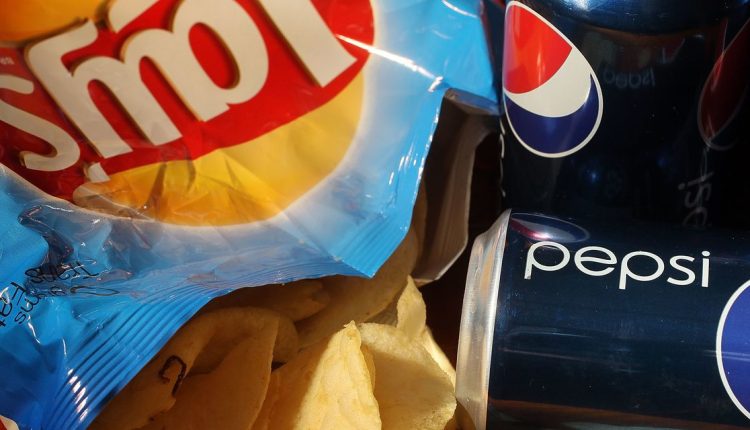The new class of weight-loss drugs like Ozempic and Wegovy are having a negligible impact on PepsiCo Inc.’s snacks and beverages business, but the trend of healthier eating is causing customers to seek smaller packages and to consume less sugar and salt.
That’s according to Chief Executive Ramon Laguarta, who spoke about the trends on the company’s
PEP,
earnings call on Tuesday.
“Obviously we’re looking at this along with many other positive and negative potential risks for our business and our category,” he said in response to a question about the drugs.
“So far, the impact is negligible in our business,” he said, according to a FactSet transcript.
Instead, consumer preferences have continued to move toward smaller packages.
That allows for greater convenience, variety and portion control, he said, and the company is continuing its push toward healthier snacking and beverage options, including zero-sugar beverages and nutritious convenience foods with lower sodium content.
Last week, comments from a Walmart Inc.
WMT,
executive that the drugs were leading customers to buy fewer groceries and to cut back on those that are high in calories led to a sharp selloff of PepsiCo’s and rival Coca-Cola Co.’s
KO,
stocks.
For more, see: Coca-Cola and PepsiCo’s stocks fall after Walmart says weight-loss drugs have customers cutting back on calories
Walmart’s U.S. chief executive, John Furner, told Bloomberg in an interview that the company can track which of its customers are taking the drugs and can see that they are causing a “slight pullback in overall basket” and “less units, slightly less calories.”
Analysts have already expressed concerns that the growing popularity and use of anti-obesity medications would have far-reaching implications for the food and beverage industry and that companies may have to adapt their product choices to address changing consumer behavior.
Morgan Stanley analysts wrote in August that the pool of patients for the drugs, which mimic the effects of GLP-1, a gut hormone that can help control blood-sugar levels and reduce appetite, is likely to grow to 24 million people, or nearly 7% of the overall U.S. population, in the next decade. GLP stands for glucagon-like peptide.
Read now: As Ozempic/Wegovy frenzy continues, Morgan Stanley lifts forecasts for weight-loss drugs to $77 billion
For more, read: The dark side of the weight-loss-drug craze: eating disorders, medication shortages, dangerous knockoffs
PepsiCo
PEP,
is more tuned in to the trend toward healthy eating, Laguarta said.
“We’re seeing urbanization as a big driver of adoption of our categories,” he said. “We’re seeing middle-class development. We’re seeing lifestyle and people snacking to eat, so meals becoming more mini meals and much more unstructured during the day, being a big driver of our categories both beverages and snacks.”
The company has sought in the past five or six years to expand its portfolio of healthier foods and drinks, adding new cooking methods for snacks and cutting amounts of sugar and sodium.
“Those are all very positive trends that will help us deal with the portfolio if needed in the future,” he said.
PepsiCo’s stock rose 1.4% after posting stronger-than-expected third-quarter earnings and raising its guidance.
Read the full article here

